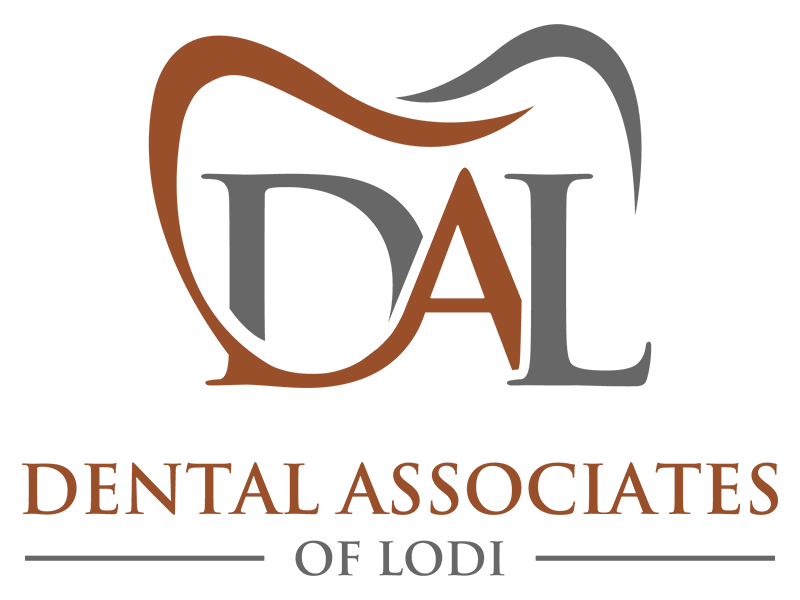Sleep apnea is a common disorder affecting an estimated 39 million Americans. However, only about 6 million have been officially diagnosed and treated. Why is this? There are a few reasons. Many people are unaware that they have sleep apnea because the symptoms occur when you are sleeping. You may not know you are exhibiting sleep apnea symptoms until someone else brings it to your attention, such as a partner or roommate.
Learn the common signs and symptoms of sleep apnea to determine if you should seek professional diagnosis and treatment.
What is Sleep Apnea?
Sleep apnea is a disorder that results in breathing disruptions while you’re sleeping. It is caused by the tongue and throat tissues relaxing and blocking your airway. It may begin with loud snoring, which indicates partial airway obstruction, and then progresses to the point where you completely stop breathing for seconds or even minutes at a time. Sleep apnea is officially diagnosed when breathing is disrupted frequently during the night, resulting in poor sleep quality and a myriad of related health problems such as heart disease and diabetes.
Signs and Symptoms of Sleep Apnea
The following signs and symptoms are often and indication that someone has sleep apnea:
- Loud snoring
- Waking up breathless or gasping for air
- Pauses in breathing throughout the night
- Headaches, especially in the morning
- Dry or sore throat
- Pain in the jaw or neck
- Lack of energy
- Dozing off easily during the daytime
- Falling asleep at the wheel
- Feeling tired even after getting an adequate amount of sleep
- Difficulty with focus and/or forgetfulness
How To Get a Formal Diagnosis
If you have any of the above symptoms of sleep apnea, you may not know what to do or who to see. Start by talking to your dentist. Many people are unaware that dentists can diagnose sleep apnea based on a discussion of your symptoms and an oral evaluation. In many cases your dentist can provide a faster diagnosis at a lower cost than your primary care physician or a sleep specialist.
Treatment Options for Sleep Apnea
Sleep Apnea can be treated in a variety of ways. The two main types include:
- CPAP. The most commonly known treatment for sleep apnea is the CPAP (Continuous Positive Airway Pressure) machine. You wear a mask over your mouth and/or nose that is connected to a machine that delivers a constant flow of air into your airway to keep it open while you sleep.
- Oral appliance therapy. An oral appliance can be worn at night that holds your jaw in a forward position, preventing your tongue and oral tissues from slipping back toward your throat and blocking your airway.
Additional treatment options include:
- Orthodontic treatment. In some cases orthodontic treatment can treat sleep apnea by changing the position of the jaw and teeth, allowing the tongue to sit properly against the roof of your mouth.
- Surgery. Surgical procedures may be able to treat sleep apnea, such as removal of excess throat tissue, jaw surgery, and even laser therapy.
Frequently Asked Questions About Sleep Apnea
What happens if sleep apnea goes untreated?
When untreated over a long period of time, sleep apnea can lead to the development of severe health issues such as heart disease, diabetes, and mental illness. You may be at higher risk of vehicular accidents due to lack of focus or falling asleep at the wheel.
How long will I need to wear an oral appliance to treat sleep apnea?
If you choose to get an oral appliance to treat your sleep apnea, you will need to wear it for the rest of your life. It is a treatment, not a cure. When you aren’t wearing your oral appliance your symptoms will most likely return.
Experiencing Sleep Apnea Symptoms? Contact Dental Associates of Lodi
If you have any of the key symptoms of sleep apnea, Dental Associates of Lodi can provide diagnosis and treatment. After a brief evaluation we can determine if you are suffering from sleep apnea and create a custom oral appliance for you to wear at night. Start getting better quality sleep and enjoy a better quality of life.
Call 862-247-8030 or contact us today to learn more and schedule an appointment.


